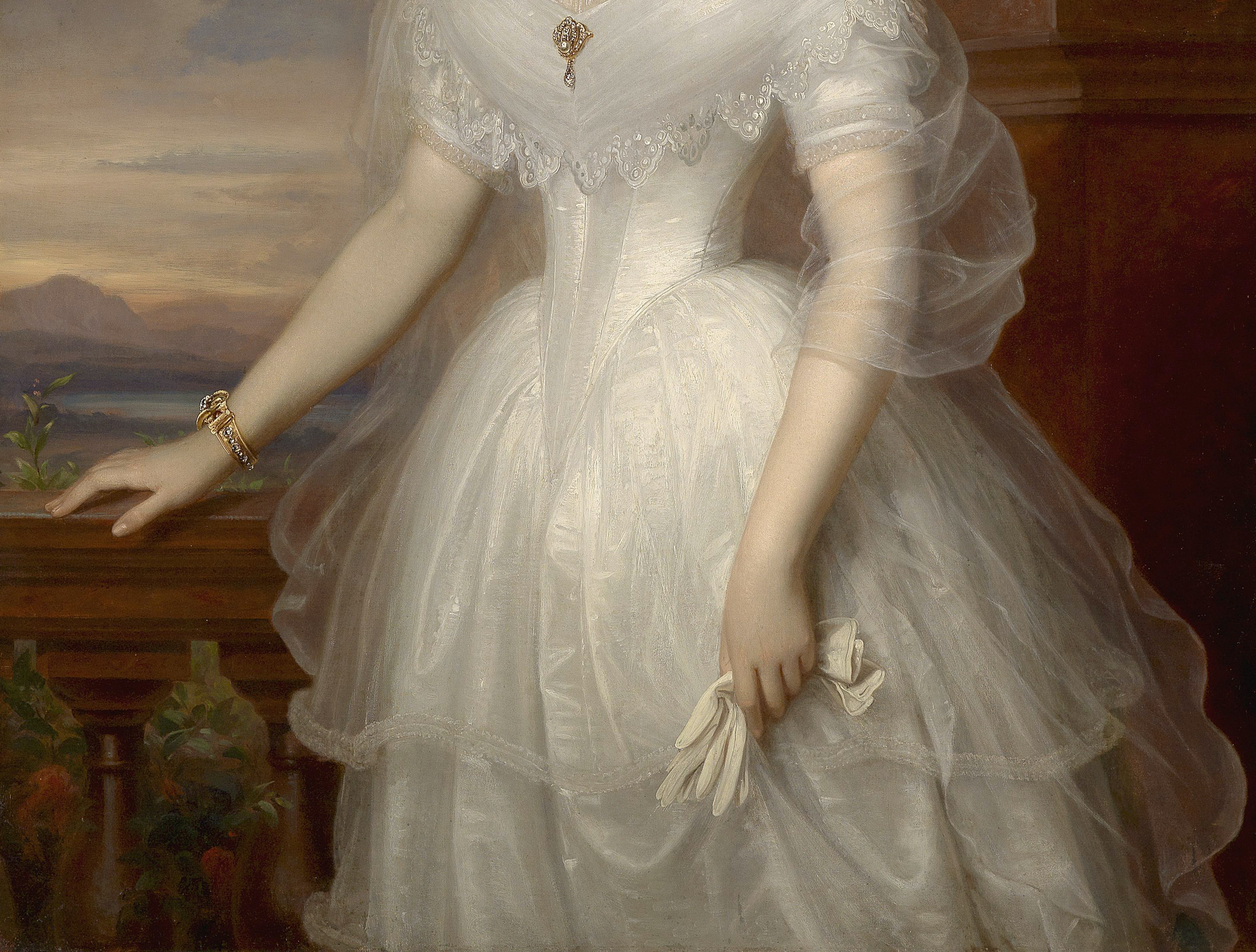The perspective embraced to describe people in our model is based on thinking that a person can assume different degrees of relationship with an entity. Observing our models, we noted that we needed to find a way for describing both people whose role was exclusively related to the production/ownership value of an item, and also people of historical relevance, especially those coming from a well-established royal families, who are considered central agents in events and have more complex relationships with places, concepts and other historical figures. For this reason, we will describe them by using a mix of different ontologies and vocabulary like FOAF, DBpedia, Person Core Vocabulary, GND Ontology and EAC-CPF.
Identifying locations is a very important part of our project, because it allows us to understand the intricated web of political and historical relationships that characterized Sissi’s life. As anticipated in the Why Sissi? section, travels played a big role in her increasing European popularity and they are also the reason why our items come from so many different countries. We decided to make use of different ontologies in order to be able to cover all the potential specifications of places, paying special attention to the description of castles and royal palaces. GeoNames Ontology and Basic Geo Vocabulary seemed the best to use for our scenario. Schema.org, CIDOC-CRM and DBpedia were also used.
Taken into consideration the fact that the focus of our project is a person, we initially thought at the notion of time as a uniform time span, limited by the date of her birth and the day of her death. Soon, we realized that our project doesn’t just focus on what Sissi did during her lifetime, but also on what she left. Her legacy is just as important as her personal actions. So, it was important to not set limits to our domain by including in its focus any specific date-entity, which would appear to be too arbitrary in such an extensible environment. However, dates, encoded in the format YYYY-MM-DD, and years, in YYYY, as set by the ISO 8601, will be used to enrich the description of all the other entities, following the W3C XML Schema datatypes.
The description of subjects in the case of the SissiLinked project must be considered related to the notion of event and abstract concept. In particular, we needed to find a way for describing events that were relevant both biographically, and therefore inherently adopting the notion of person as an agent, and historically, in order to show the interconnection and the outcome of personal experiences on history itself. On the other hand, some items can be also seen as the physical expression, embodiment or documentation of an artistic style. The notion of style, intended as an abstract concept not already institutionalized, must take in consideration the heterogeneous facets of the arts, from the more traditional musical expressions to the diverse domains of fashion. For these reasons we will use different ontologies and vocabularies, such as BIO Vocabulary, Event Ontology, FOAF, CIDOC-CRM, SKOS, Music Ontology, Dublin Core and DBpedia.
